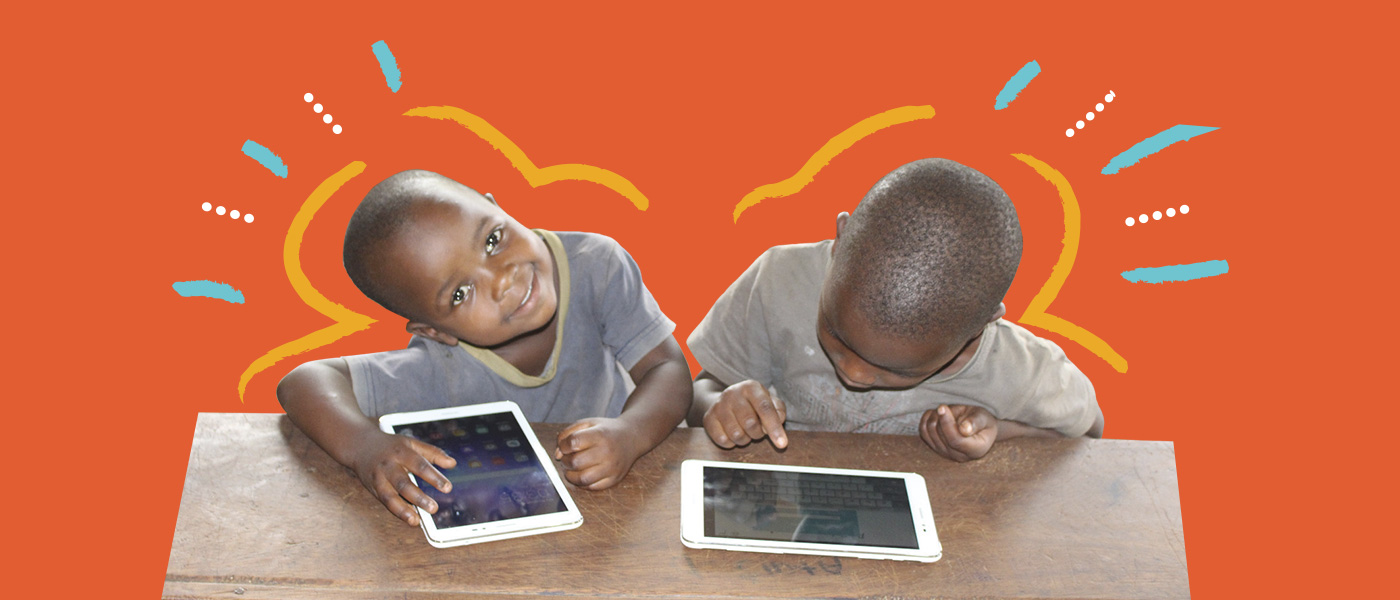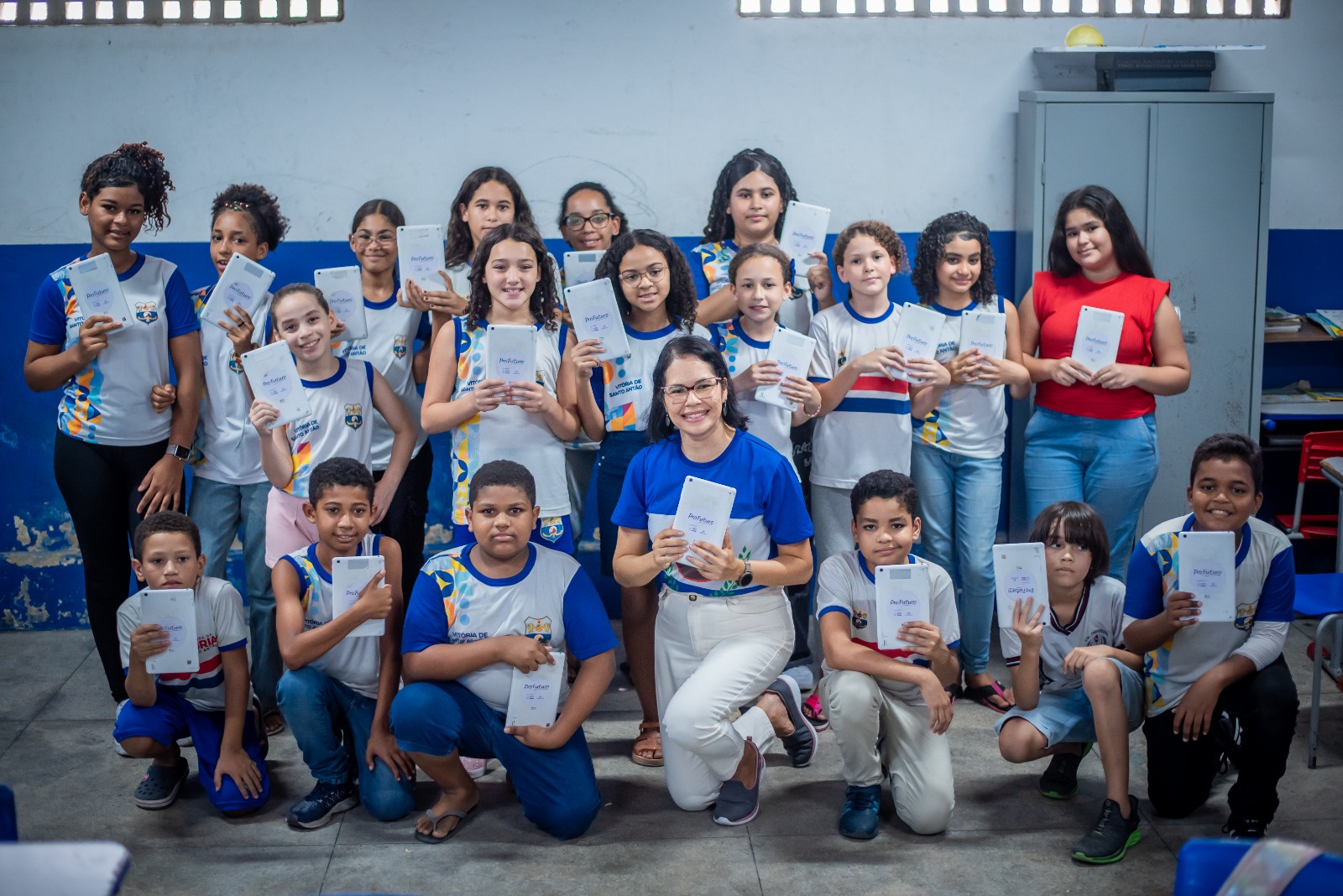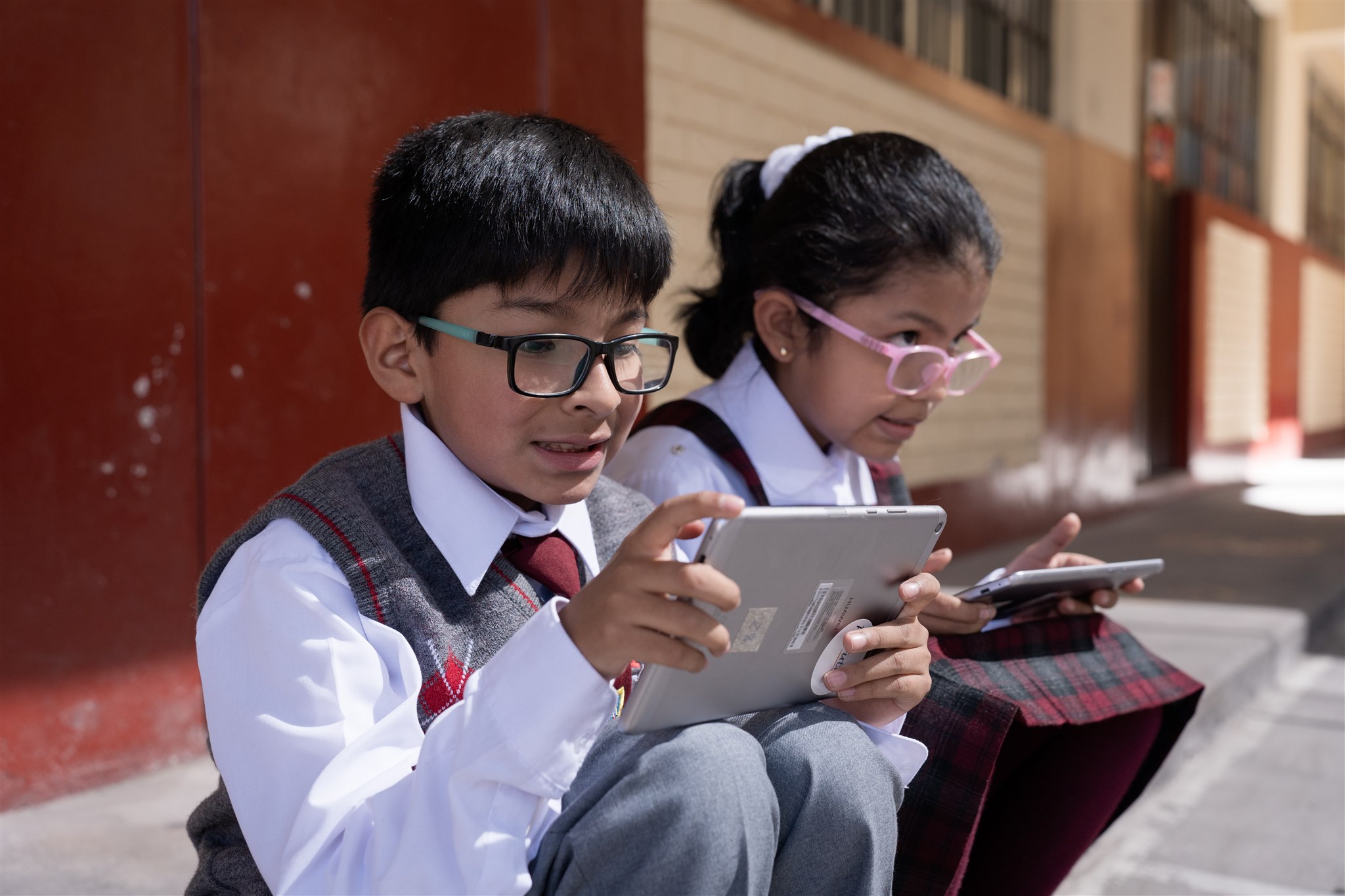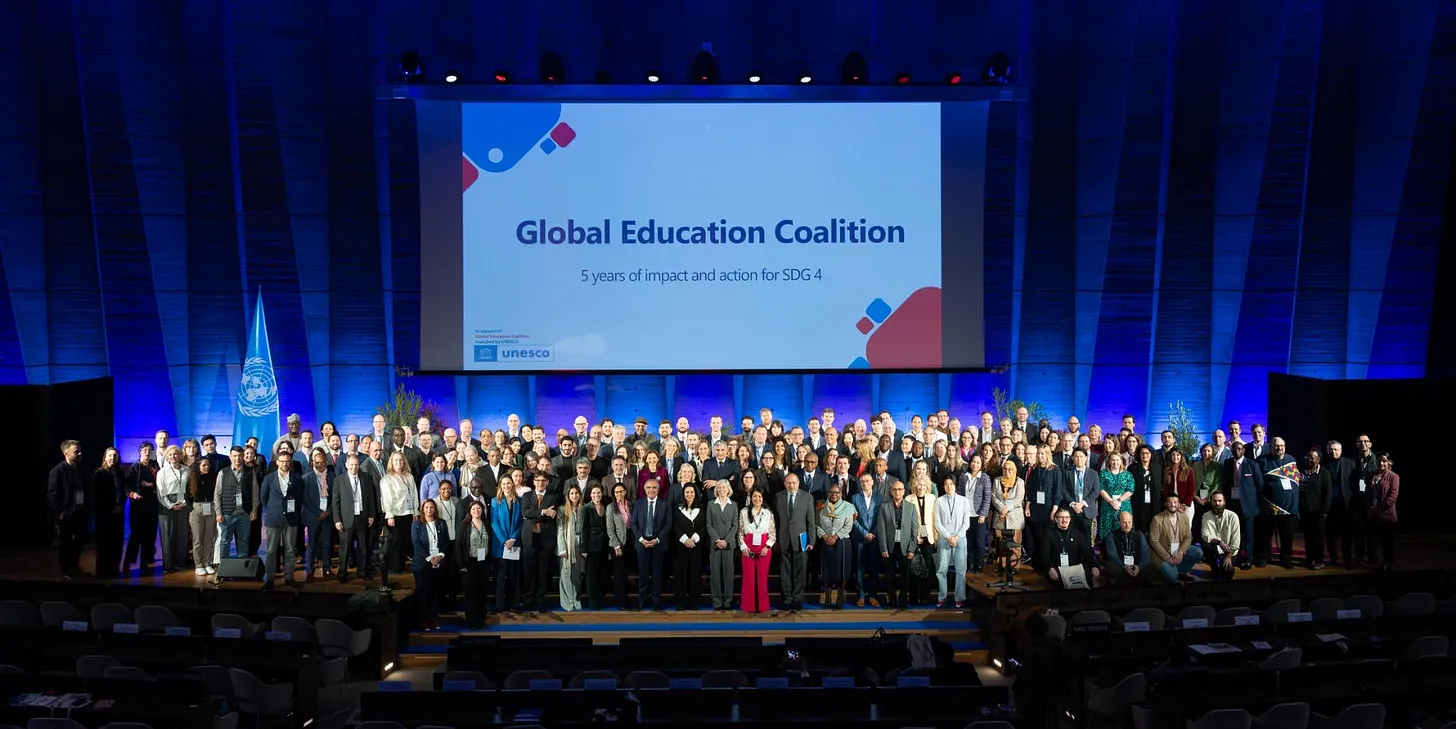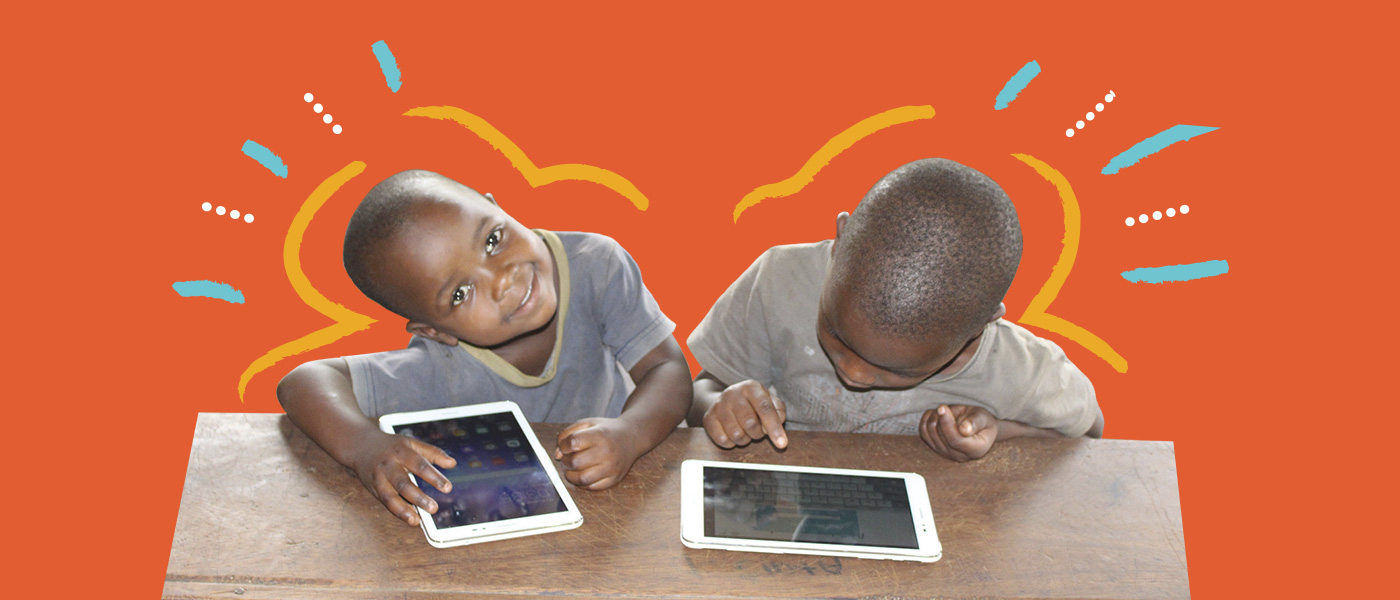
‘Social inclusion through digital education’ is the name of the first edition of Retos (Challenges), a publication that can be downloaded in PDF format and that brings together the main lines, trends and conclusions about the subjects discussed in the ProFuturo Observatory. The Observatory originated with the mission of analysing the most relevant questions regarding digital education in vulnerable environments of developing countries and with the purpose of taking a hard look at these subjects, consequently generating knowledge and disseminating it among the education community.
ProFuturo, aligning itself with Sustainable Development Goal 4, defends the idea that all boys and girls, regardless of their context or situation, should have access to quality education. But how do we democratize access to quality education? There is no easy answer. Yet the ProFuturo Observatory has taken on the following challenges due to its capacity to contribute to this democratization:
– Education in areas of conflict.
– The learning process in the digital era.
– Active methodologies and the integration of diversity.
In the first edition of Retos, you’ll be able to access the main data on the state of education in areas in conflict. According to UNICEF, over 25 million children between the ages of 6 and 15 years (22% of this age range) cannot go to school in areas in conflict in 22 countries.
In these emergency situations, the right to education is more at risk and is even more necessary. Areas in conflict thus become the best “testing ground” to show the unique capacity of education to break the cycles of poverty, violence and injustice and to provide boys and girls with the necessary tools for building a better future for both themselves and their communities.
UNESCO is working so that governments venture on technologies that make learning more inclusive, more accessible and more equitable by making recommendations and developing codes of good practices. Along this line, the first special edition offers information about ProFuturo’s contribution through projects such as Piensa en grande (Think big), Aulas en paz (Classrooms at peace) and the Oráculo matemático (Math Oracle).
Retos also includes qualified opinions, such as that of Axel Rivas, an expert on education policy, innovation and justice. Rivas affirms that ‘higher quality education systems are those with a greater capacity for the social integration of differences’.
The first special edition, which can be downloaded in PDF format from the Observatory’s web page, ends by highlighting the main conclusions reached after an analysis of these subjects: the possibilities offered by a learning approach that is facilitated by a digital component, recalling that, while digital technology is changing the world, access to this technology is nevertheless facing a new gap between those who have access and those who don’t.
Throughout 2019, three more editions of Retos will be published on subjects related to digital education in vulnerable zones.



